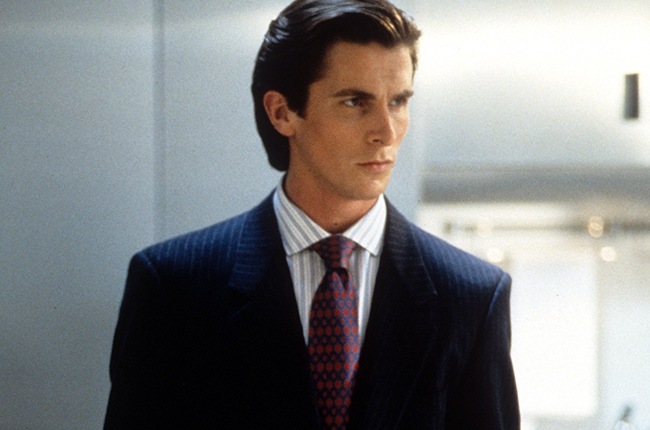If the traditional office becomes obsolete, think of all the cultural touchstones we’ll lose: awkward conversations, quirky workplace sitcoms, forbidden yet tantalizing office romances and post-work happy hours, to name a few. RELATED: Millennials don’t want their work performance graded The Way We Work Studyanalyzed expectations and attitudes about work among knowledge workers, or people who “think for a living” — that includes physicians, pharmacists, architects, engineers, scientists, accountants, lawyers and academics — and revealed drastic changes in the future of work. The survey found that 69 percent of knowledge workers say that having a single office as a physical workplace is less important than it was in the past, and 49 percent report that their organizations operate through technology and communication, rather than through offices and locations. RELATED: Why millennials want to quit their jobs
Some 65 percent of respondents also suggest that their role will not be the same in five year’s time, and another 35 percent believe their role won’t even exist within that timeframe. The virtual office has a few (digital) clouds on the horizon. Respondents cited numerous drawbacks to not having a defined physical space, including a lack of clear leadership and face-to-face meetings. Don’t worry. Telecommuting will get easier when those computer chips are implanted in our brains.
Yet according to a recent survey of 9,000 workers conducted by Unify, we’re headed in that direction: A single physical workplace is becoming increasingly less common for knowledge workers in the U.S., the U.K. and Germany.
Is the office just a state of mind?

iStock
























